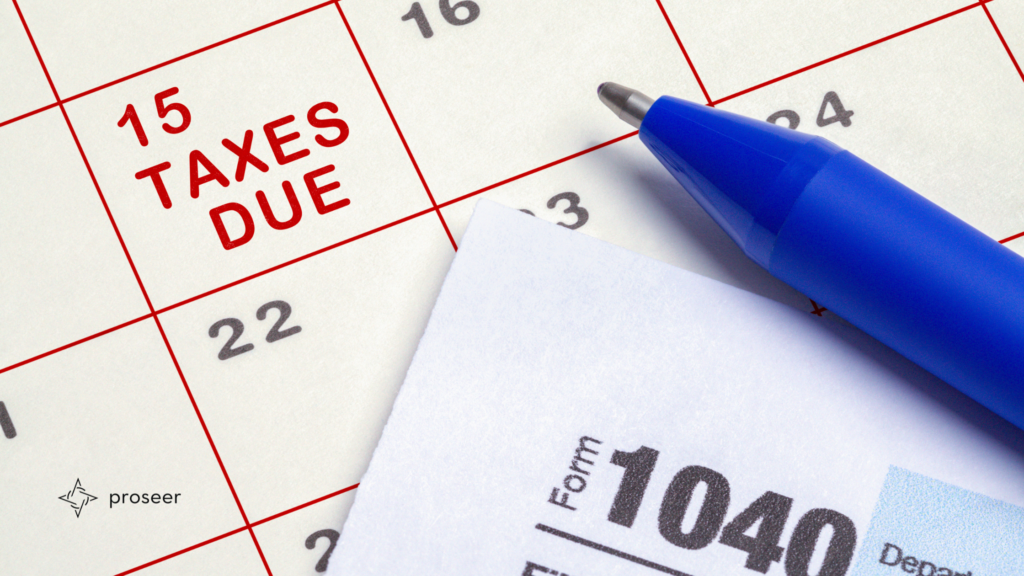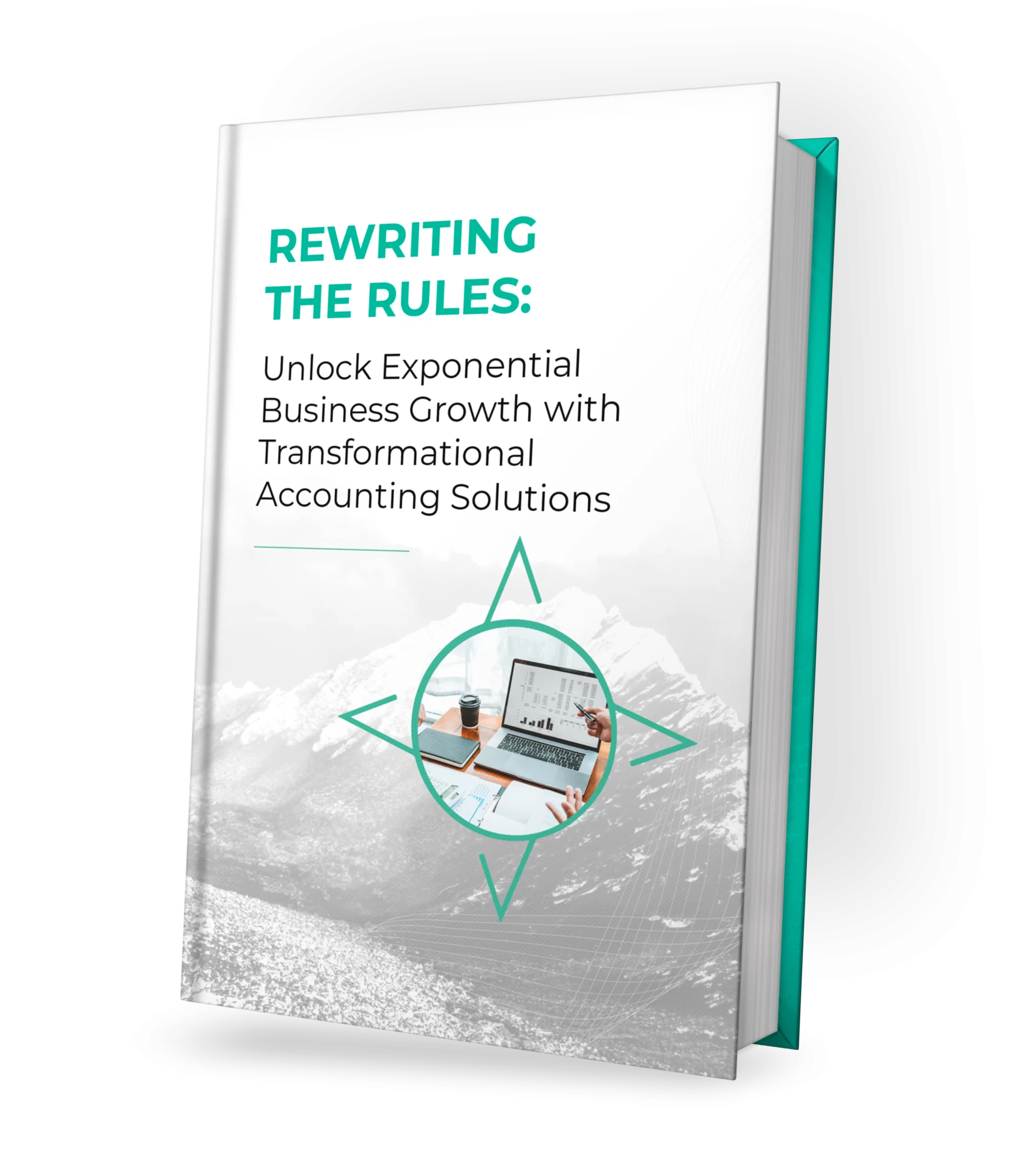Filing and paying taxes punctually is crucial to meet IRS requirements and to maintain peace of mind. However, unforeseen circumstances can sometimes prevent timely compliance. Understanding the repercussions of missing the IRS deadline is essential for mitigating potential financial damage. In this article we provide an overview of the late filing and late payment interest and penalties that may be assessed if you do not file and/or pay taxes on time.
Consequences of Not Filing and Paying Taxes on Time
The IRS imposes distinct penalties for not filing taxes by the deadline and for failing to pay the taxes you owe. Both actions can lead to financial penalties and compounded interest which can add up over time. If you are considering filing or paying late, it’s important to understand the penalties and interest so you can make an informed decision and to work to catch up as soon as possible.
Late Filing Penalties
If you do not file your taxes by the deadline, the IRS charges a penalty of 5% of the unpaid taxes for each month or part of a month your return is late, up to a maximum of 25% of your total tax amount. This penalty can significantly increase the total amount you owe.
Late Payment Penalties
Separate from failing to file, failing to pay the taxes you owe by the deadline results in a penalty of 0.5% per month on the unpaid taxes, up to a total of 25%. If you file an extension but do not pay your taxes by the extended deadline, you still incur the 0.5% late payment penalty. This emphasizes the importance of at least filing your taxes on time, even if you cannot pay the full amount owed.
Combined Late Filing and Late Payment Penalties
If you neither file or pay your taxes by the deadline, the IRS will adjust the penalty. If both penalties apply, the late filing penalty will be reduced by the amount of the late payment penalty so the maximum combined penalty will be 5% for the applicable month. The maximum penalty is 25% of the unpaid tax.
The Impact of Interest on Unpaid Taxes
In addition to penalties, the IRS will charge interest on the unpaid tax amount which starts accruing the day after the tax filing deadline. The current interest rate is 8% per year, compounded daily, which can substantially increase the total amount owed over time. The kicker on this interest and penalties are non-deductible, making it even more critical to manage your tax obligations proactively.
How Filing an Extension Can Help
Filing an extension grants you additional time to prepare your tax return without incurring the late filing penalty. However, it’s crucial to understand that an extension to file is not an extension to pay. You are expected to estimate and pay any taxes owed by the original filing deadline to avoid late payment penalties and interest.
Strategic Planning for Tax Payments
Even if you cannot pay your entire tax bill by the deadline, taking steps to minimize penalties and interest is crucial:
- File on Time or Request an Extension: Ensure you file your taxes or file for an extension by the deadline to avoid unnecessary penalties.
- Pay What You Can: Paying as much as you can of what is due by the deadline can reduce the amount subject to penalties and interest.
- Consider Payment Plans: The IRS offers payment plans for those who cannot pay their taxes in full by the deadline. Engaging with these plans can make your tax debt more manageable.
Conclusion
Not filing and paying your taxes on time can lead to significant penalties and interest, increasing the amount you owe. However, understanding these consequences and knowing how to navigate them can mitigate the financial impact. Filing an extension can avoid late filing penalties, but it’s essential to understand the cost of not paying taxes owed taxes so that you can make an informed decision about how to manage your affairs.
Being proactive about your tax obligations, even when facing financial challenges, is key to managing your taxes effectively. If you find yourself unable to pay your tax bill in full, consider reaching out to a tax professional for guidance on the best course of action for your situation. If you are looking for proactive tax advice and compliance support, contact us today.

